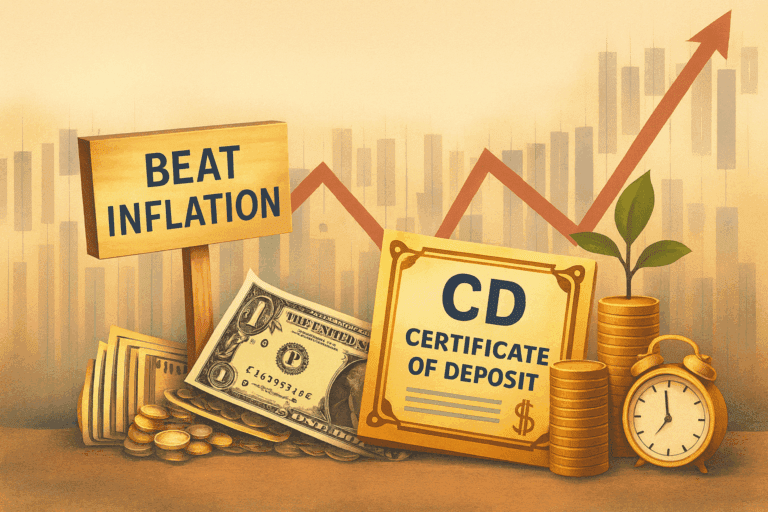Why should you care about your credit score? Essentially, it’s a measure of your trustworthiness (according to credit bureaus). The score they give you shows lenders whether you’re a safe bet for loaning money! A low credit score can prevent you from financing large purchases or even keep you from getting jobs. So let’s get that credit score up! Here are thirty ways to crank up your credit score to help you qualify for more (and better) loans!
Credit Cards

It might sound weird, but you need to get credit to build credit. What that means is that you need to borrow some money first for the major credit bureaus to know whether or not you’re good at paying it back. The first step many take is getting a starter credit card with which to pay small bills.
Loans

If you’re not a fan of credit cards, you could also take out a small credit-building loan with a low interest rate. Even something as small as $100 can help show credit bureaus that you’re trustworthy and can build a good foundation for your credit.
Bills That Report

Some recurring bills can be reported to the major credit bureaus. Things like paying the power, water, or internet bill might be growing your credit! This is very helpful for people who are just starting out and don’t want to mess with things like borrowing money or paying interest yet.
Pay on Time
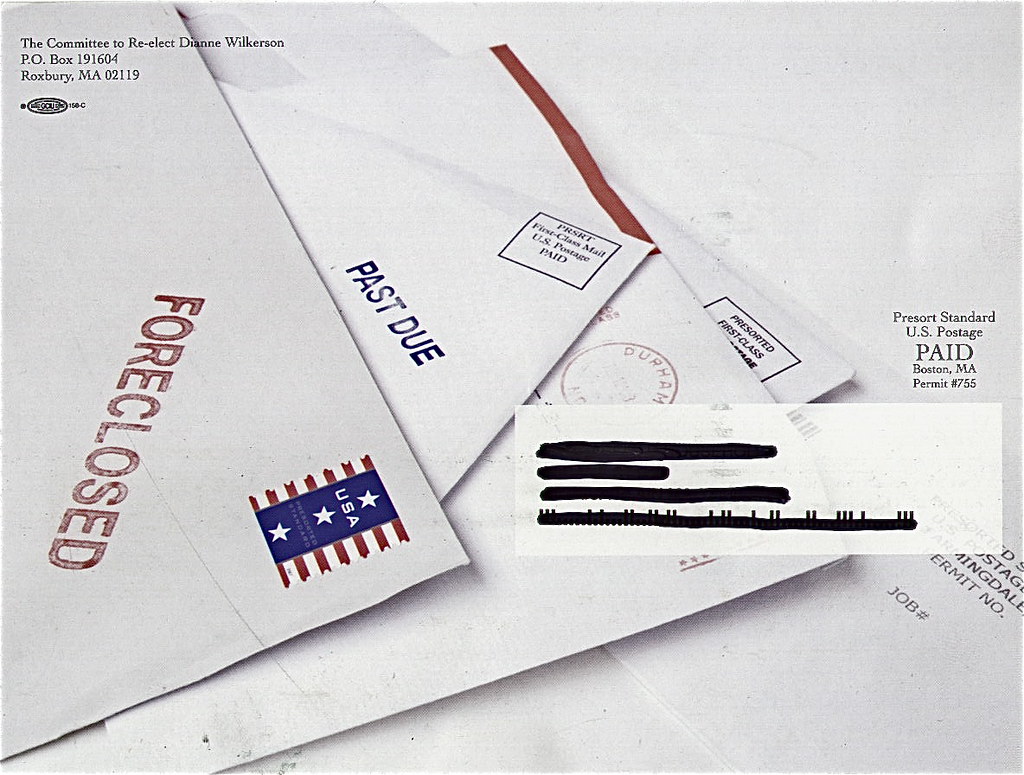
Perhaps the biggest factor in keeping your credit score from dropping is making timely payments. It’s vital that you don’t let more than 30 days pass from when a bill was due. If you do, it can dramatically drop your credit score and it can take years to repair the damage.
Autopay

If you’re forgetful or worried about missing deadlines for your bills, try setting up autopay. This makes it much easier to pay on time without things lapsing over 30 days. Some recurring bills even give you a discount for enabling autopay!
Authorized User
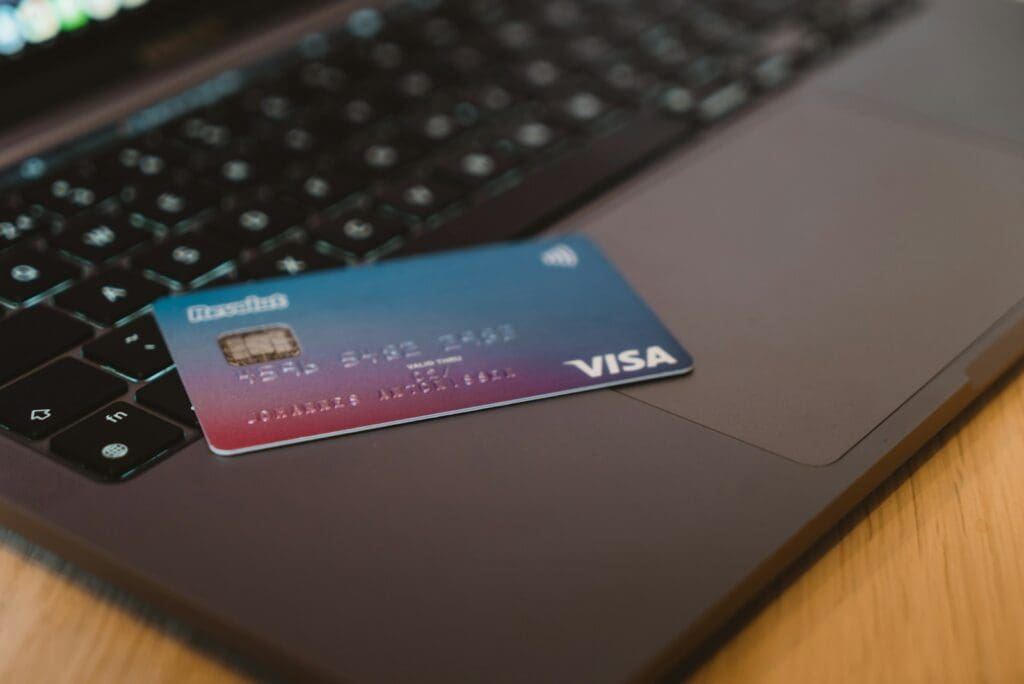
Another way to help build your credit up when you’re starting from nothing is to have a family member add you as an authorized user on their credit card. This will allow you to receive some of the reporting benefits that they’re getting from their line of credit!
Account Balances
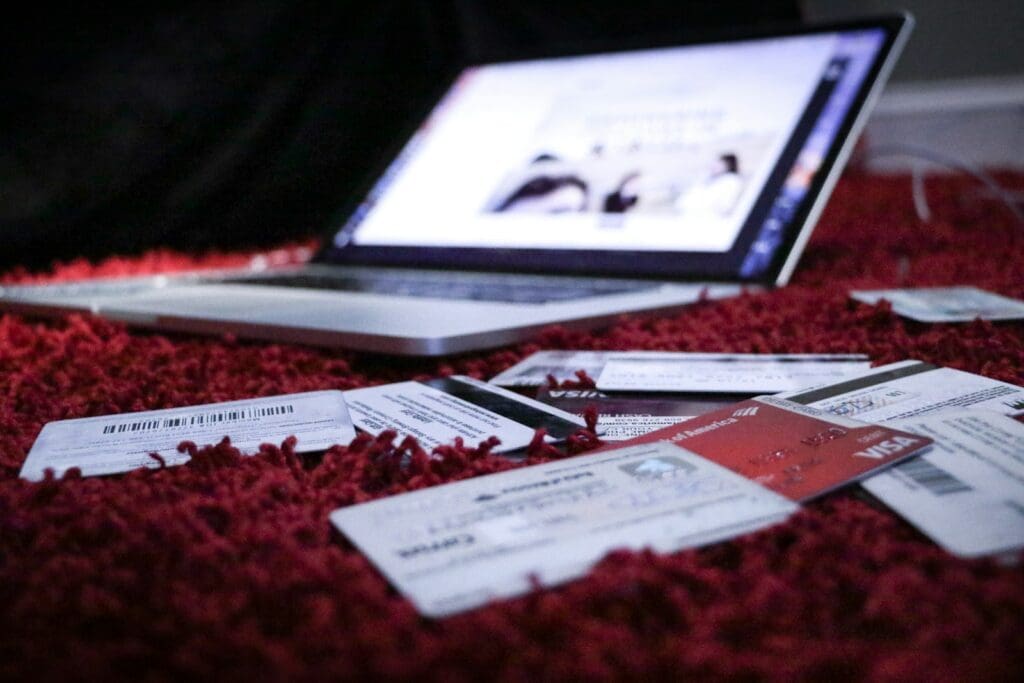
Try to keep your account balances on things like loans and credit cards low. If you owe a lot of money, it can hurt your credit score, even if you’re making timely payments on everything. There are a few ways you can keep these balances low without breaking the bank.
Debt Consolidation
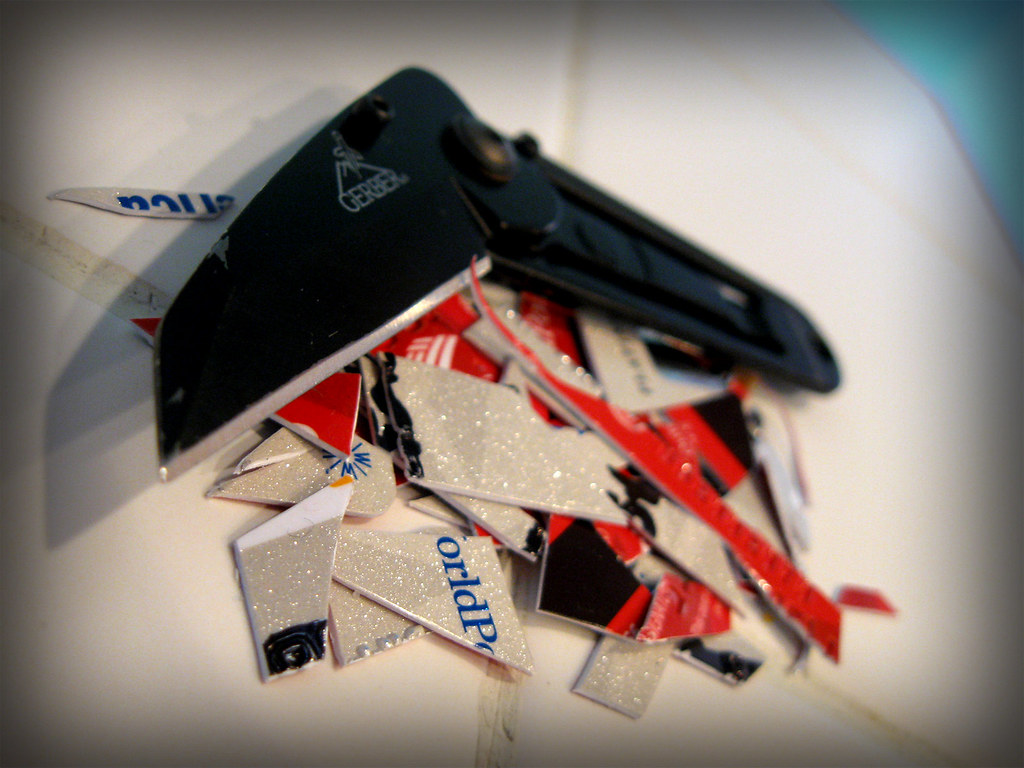
One option for keeping your outstanding accounts low is to get a debt consolidation loan. You can use this loan to pay off several bills at once, potentially lowering the interest rate on what you owe and making your credit score look much better.
Keeping the Oldest Account Open
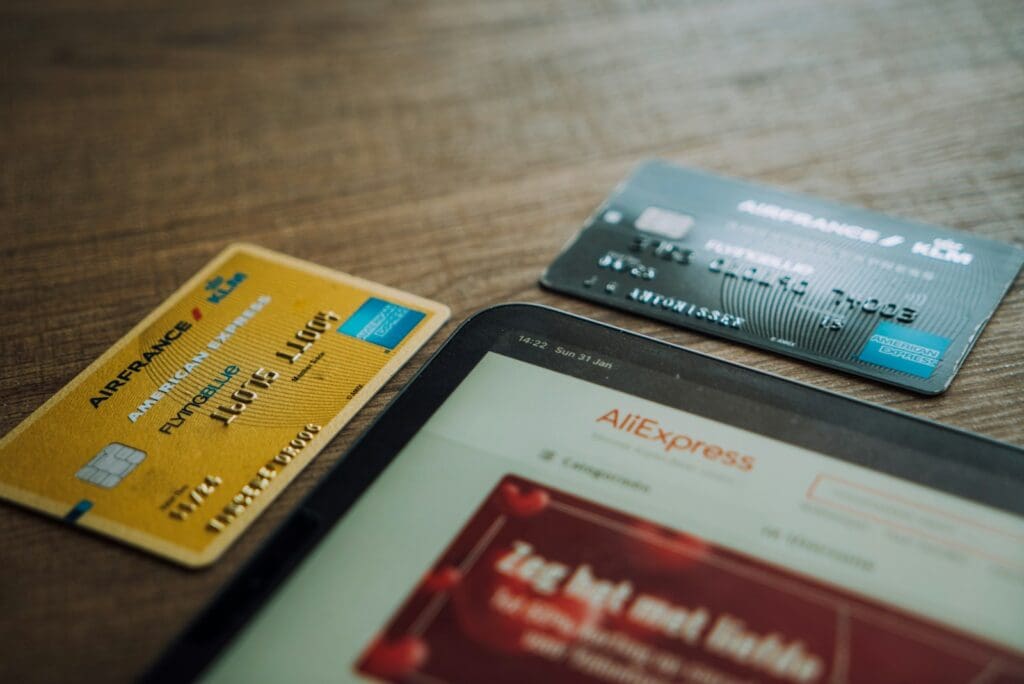
Don’t just close out a credit card or other line of credit because you’ve paid it off and don’t need it anymore. The oldest accounts on your credit report are worth a sizable chunk of your credit score. Closing them can actually damage your credit score.
Changing the Oldest Account to Fit Your Needs

Rather than closing older credit cards that don’t work for you anymore, you can talk to the card issuer and have the account changed to something that better fits your needs. Keeping your oldest account open is worth the hassle, trust us.
New Credit Applications

Be careful about how often you’re applying for new lines of credit. Multiple inquiries in a short span of time can compound and cause serious problems for your credit score. Basically, it makes you look like you’re desperate for loans.
Hard vs Soft Credit Checks

The trick to keeping new credit applications from tanking your credit score is getting soft credit checks instead of hard credit checks. If you’re just shopping around for loans or other forms of credit, make sure the issuers are doing soft credit checks until you’re fairly certain you want to proceed with them.
Types of Credit

There are different types of credit, and your score is partly based on how many different types of credit you have! For example, if you have a mortgage, a car loan, and a credit card (all in good standing), you’ll have a better credit score than if you didn’t have that credit card.
Mixing it Up

If you’re looking to mix up your types of credit to give your score a boost, consider getting a starter credit card or a credit-builder loan. These will both help diversify your report and will make you look better to lenders on paper!
Read More: How Prepaid Credit Cards Protect Your Identity
Dispute False Information
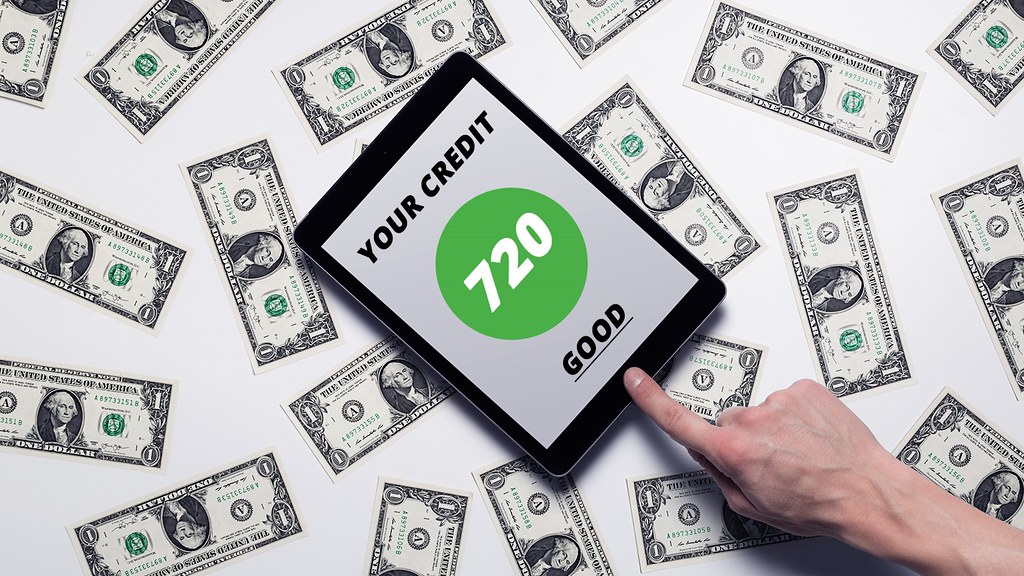
Make sure you dispute any false information on your credit report. If you’ve been the victim of identity theft and the criminal ran up bills in your name, it’s your right to dispute these inaccuracies with the major credit bureaus.
Read More: 5 Easy Tips to Improve Your Credit Score
Be Strategic

Remember, the trick with growing your credit is to be strategic. Make a plan and stick to it! There’s no reason to try to build credit if you’re not going to make a detailed, step-by-step plan. Getting advice is one thing, putting it into practice is another.
Ask for a Higher Limit

Consider asking for a higher limit on your credit cards. This can show creditors that you’re willing to take on more responsibility and pay back bigger bills each month. Again, a plan is crucial here. Don’t spend money you don’t have and never borrow money without a plan in place to pay it back.
Make a Plan for Your Bills
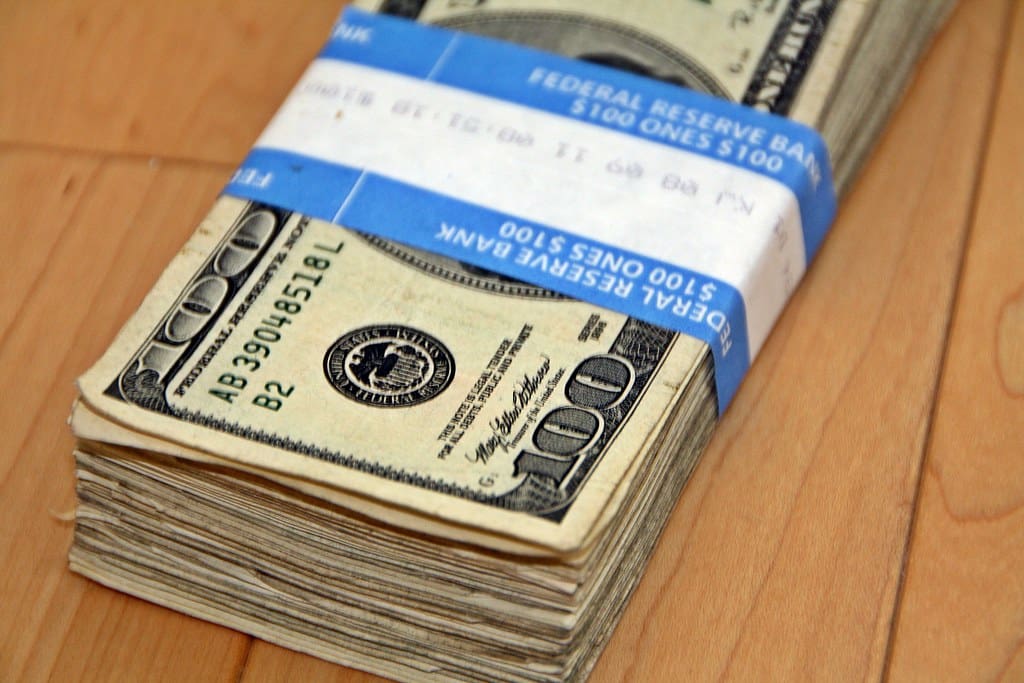
Do you have a plan for your bills made yet? If not, break open those books and give each dollar in your paycheck a job. There’s a lot you can do even with limited funds. Stick to your goals, ignore the temptation to spend frivolously, and you’ll see a change in your credit in no time.
Collections Accounts

If you’ve got any bills going to collections, get serious. Make whatever money moves you need to make to pay these debts down. Creditors can sue you for the missing money, which can be a huge drain on your resources and can seriously negatively impact your credit scores.
Secured Credit Cards
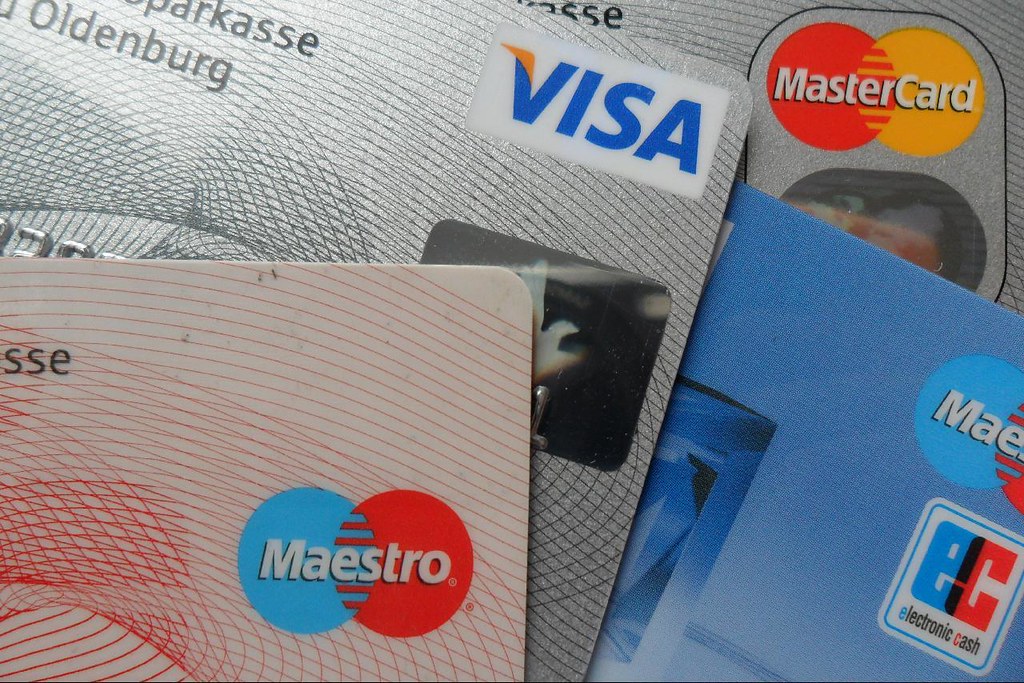
Consider getting secured credit cards. These are cards that are, well, secured against a specific asset. These can often have better interest rates and credit limits because if you default on them, the lender can make up the money you owe using the asset you secured the card with.
Audit Your Bills

Which of your bills needs the most attention? Go through your budget and see if any of them can go away. Do you have subscriptions you’re not using? Cancel them and turn around to put that money into your debts so you have fewer things to worry about.
Highest Accounts First

Remember, you need to balance those accounts. If you’ve got some high interest debts building up interest against you, it’s time to get rid of them. Take any extra money in your budget that’s not already spoken for and use it to pay down those biggest bills.
Balance Transfer Credit Card
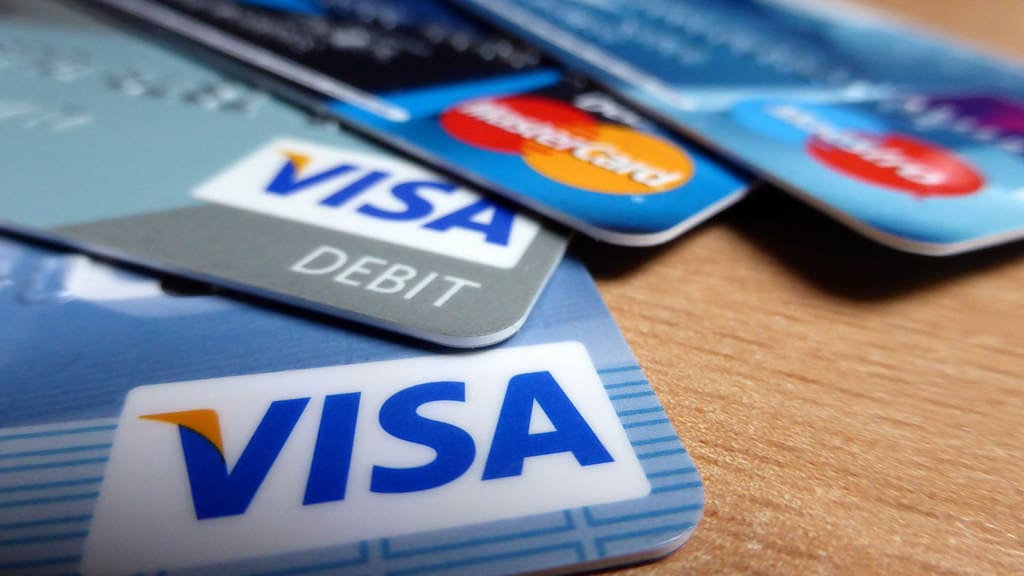
You can also look into getting a credit card that can take on the balance of your highest account. This can be a great strategy if you need to move a high interest rate debt into another account but still want open credit lines reporting on your credit score.
Talk to a Debt Management Advisor
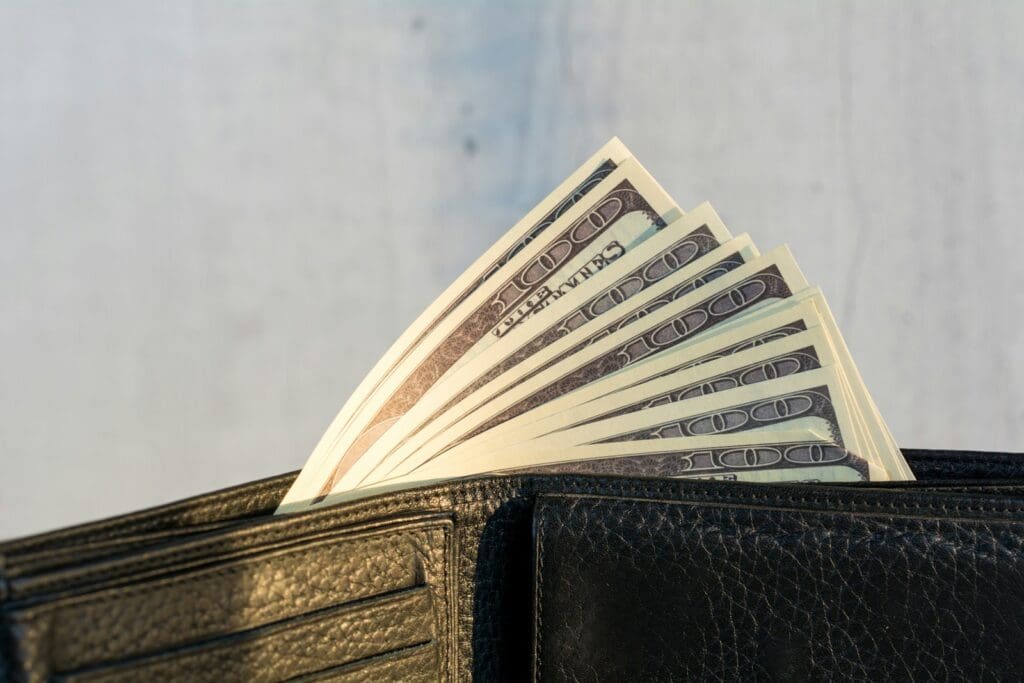
If things with your finances seem too complex and too insurmountable, make a plan to talk to a debt management advisor. Professionals know strategies for handling debt that might not occur to you or that work particularly well with your specific situation. There’s always help out there!
Don’t Open Tons of New Credit Lines
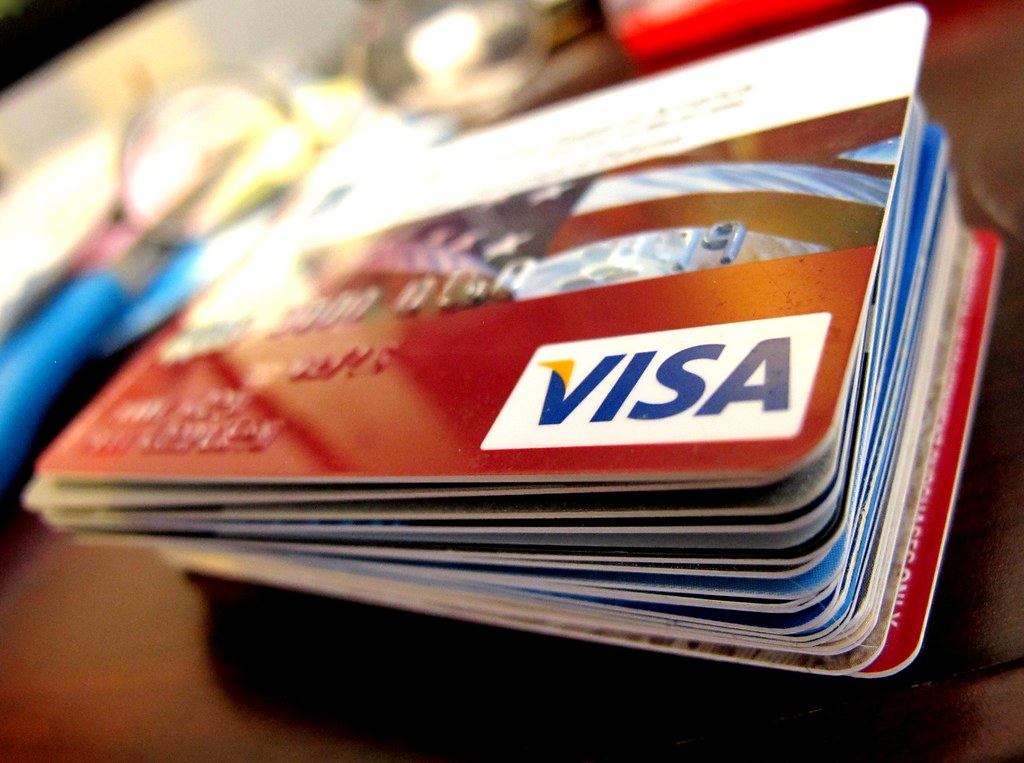
Make a point to not open a lot of new credit cards or take on too much debt when you’re trying to build your credit. Your debt-to-income ratio is a very important factor of your credit score. Be mindful and keep to your saving habits while managing the accounts you already have.
Making a Budget

Really, the thing everyone could benefit from when it comes to finances is making a detailed budget. If you already know where each dollar in your paycheck is going before you even get it, you’re in a much better position to manage your debts and get your credit score where you want it.
Sticking to Your Limits

Don’t overspend and especially don’t think about taking on more debt right now. It’s tough to stick to these kinds of budgets, so consider getting an accountability buddy to help keep you honest. It’s one thing to lie to yourself, it’s another thing to lie to a spouse or close friend.
Visualizing Your Goals

Remember, you’re doing this for your own financial future. You’re the beneficiary of these sacrifices you’re making to build your credit. When you’ve got a better credit score, things are going to be much easier for you when it comes to borrowing for a new house, new car, or even just a nice vacation.
Related: Here’s How Each State’s Cost of Living Ranks
Being Consistent

Maybe you mess up one month and spend too much past your budget. So be it! Don’t panic. Just stick to your plan, be consistent, and wait for those results to roll in. Don’t let perfect be the enemy of good. It’s better to be consistent and mess up every now and then than it is to just give up altogether when things get tough.
Related: 10 Habits to Reach Financial Freedom
Results are What Matter

Remember, it doesn’t matter how you do it. Maybe you need a side hustle to make extra money. Or you might skip a few meals out with friends in favor of cooking at home. So be it! Make those concessions, achieve your goals, and reap the benefits. A higher credit score is well worth a few sacrifices.
Related: 30 Affordable Cities Retirees Should Check Out





